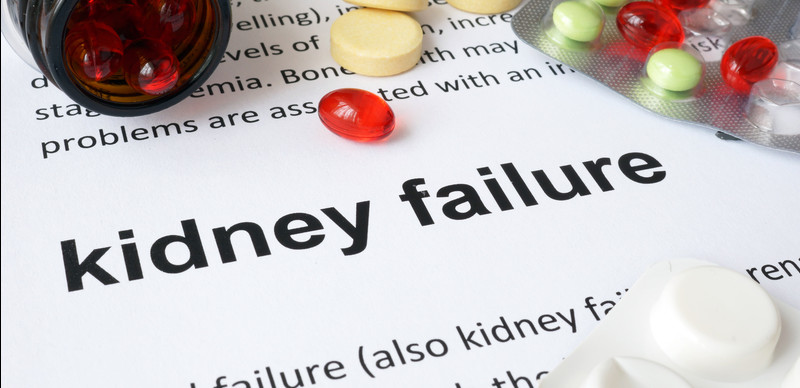Excellent Remedies For Gallbladder Pain
There are many reasons why the gallbladder may become painful or inflamed, including gallstones, a thickening of the bile, or malfunctioning valves. While it is important to address the source, during an attack, often all patients can think about is relieving the pain. In addition to patients following any medical advice provided by their primary care physician, patients can take some steps to alleviate the painful symptoms and help reduce future incidences of gallbladder pain or discomfort. Learn about them now.
Anti-Inflammatory Medication
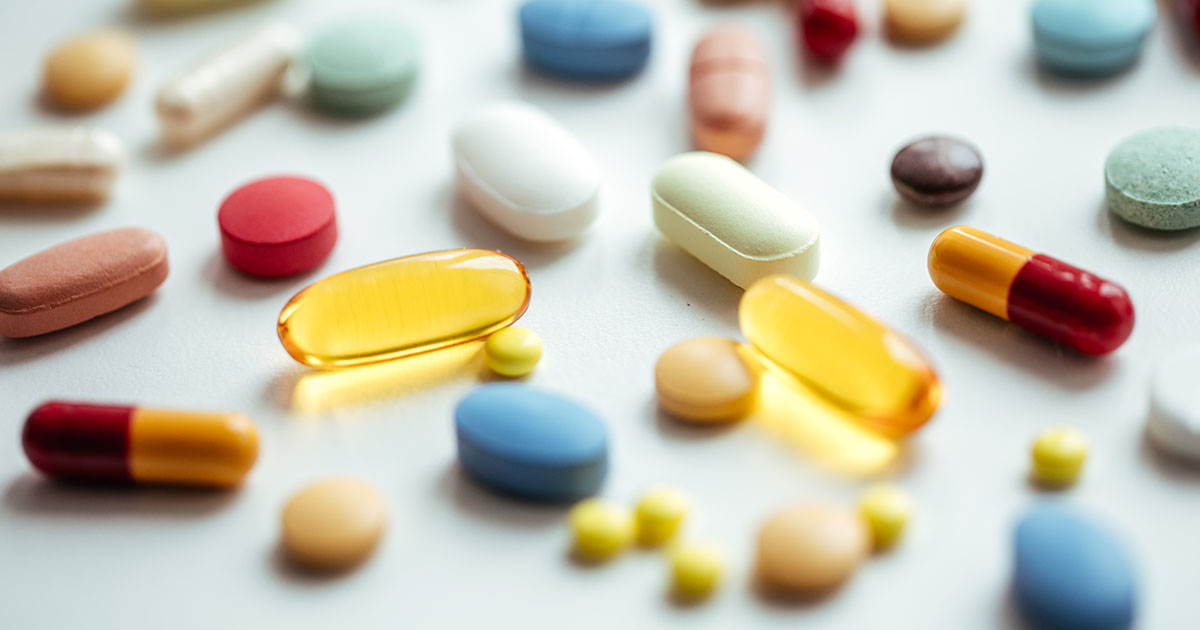
By working to reduce the inflammation at the source, anti-inflammatory medication is generally the go-to for prompt relief of gallbladder pain. Unlike typical pain relievers, anti-inflammatories do not only work with pain receptors in the brain. These medications can be steroids or non-steroidal anti-inflammatory medication, commonly referred to as NSAIDs. Steroids are derived from hormones to work against inflammatory response while NSAIDs prevent certain enzymes from causing inflammation. Physicians must prescribe steroids, though patients can get non-steroidal anti-inflammatory medication either with a prescription or over-the-counter. Patients must take all medications as directed to reduce the potential risk of side effects.
Eat A Balanced Diet
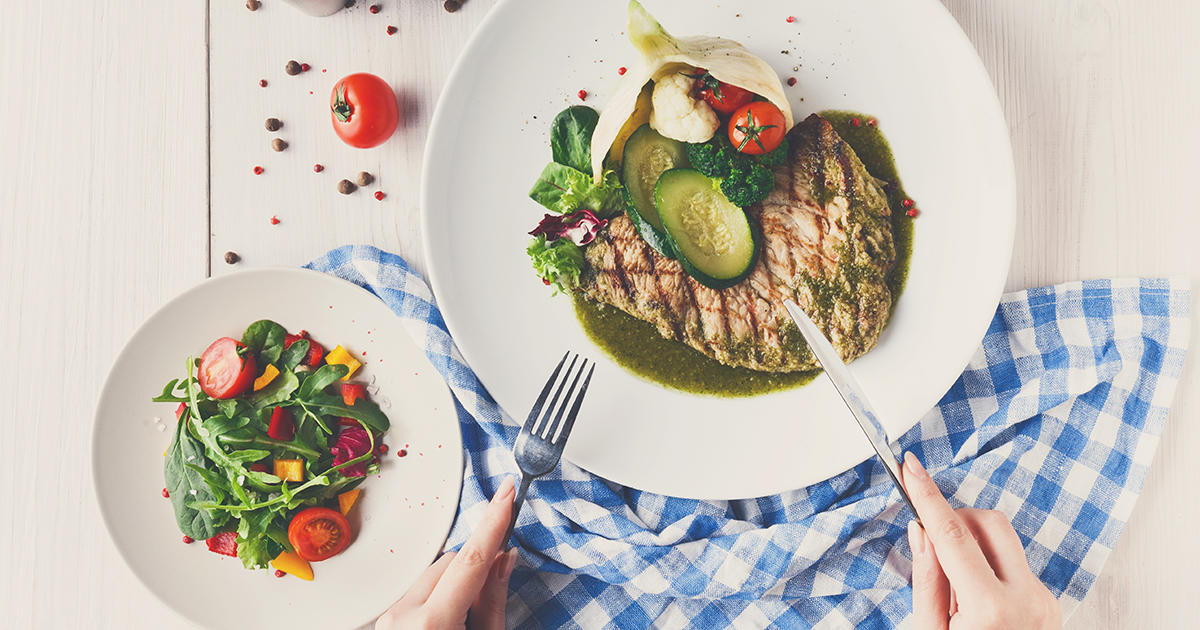
While eating the right foods may not cure all instances of gallbladder issues, the right foods can play a significant role in the reduction of painful symptoms. When individuals eat a lot of fatty foods, especially those high in cholesterol, it makes the liver and gallbladder work harder to digest food properly, causing gallbladder pain. Eat a balanced diet by adding foods low in added sugars, low in fat and cholesterol, and high in fiber. Opt for whole foods and whole grains rather than processed or highly refined choices.
Avoid Rapid Weight Loss
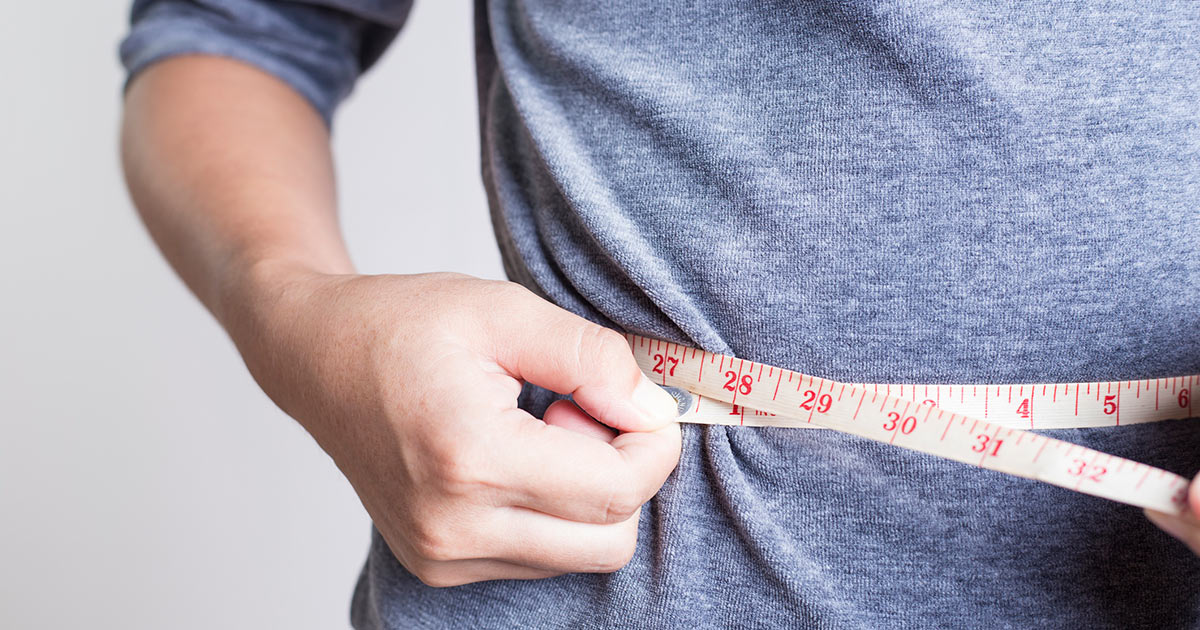
Individuals who are overweight seem to be at a greater risk for developing gallstones and other gallbladder problems. This makes losing weight a good way to reduce the risk of developing additional problems in the future. However, patients shouldn't lose weight too quickly, as this does not help gallbladder pain. When the body breaks down fat tissue, there is a release of cholesterol into the bloodstream. Too much cholesterol from a rapid loss of weight can lead to the formation of gallstones and cause gallbladder pain. Make a plan to avoid rapid weight loss and make healthy lifestyle changes to keep the weight off for good.
Apply A Hot Compress
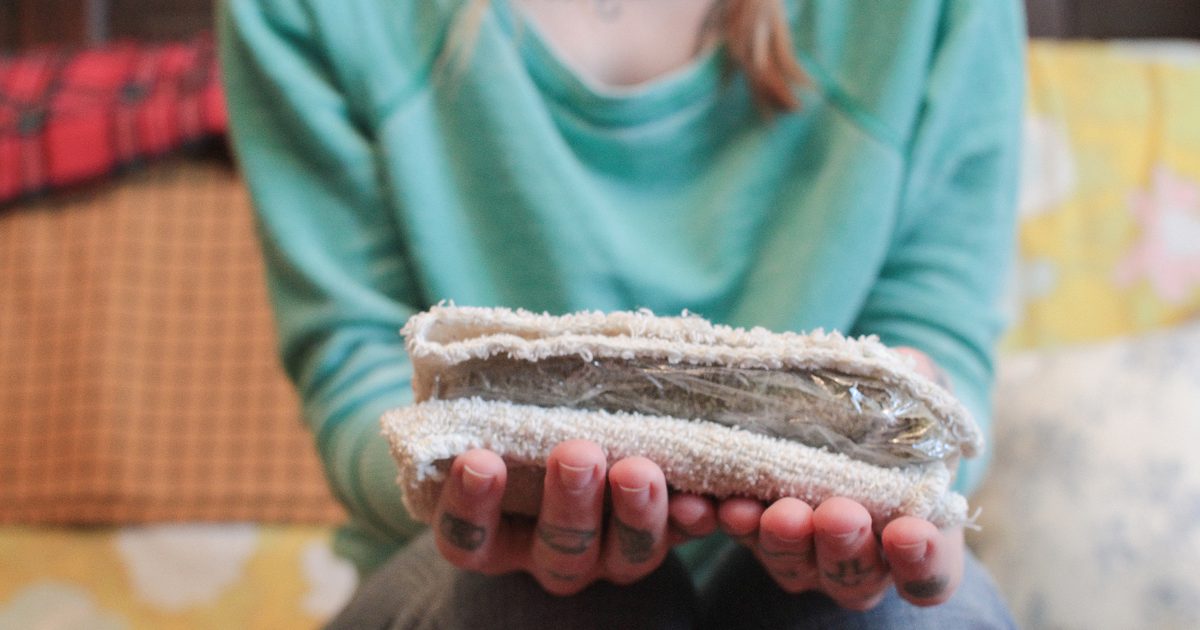
Heat therapy can be beneficial to reducing pain in areas of the body where increased blood flow or relaxation of muscles is desired. When dealing with gallbladder pain, apply a hot compress using a warm moist towel, heating pad, or hot water bottle covered in a cloth. The reason why heat therapy works for gallbladder pain is because it can relax the spasms that often occur from a buildup of bile, relieving the pressure and inflammation. Heat therapy can begin working in as little as fifteen minutes but can typically be used as long as necessary until there is relief.
Regular Exercise

One of the most recommended ways to relieve gallbladder pain and prevent future attacks is through regular exercise. Exercise can help reduce an individual's risk in several ways, one of these being the maintenance of a healthy weight. Exercise also helps the body use up extra cholesterol that could form into gallstones. Though some stretches can help relieve gallbladder pain, at least temporarily, it is crucial to note certain exercises can put too much strain on the abdomen and as a result, could make symptoms worse. Patients should check with their doctor or physical therapist to choose exercises that will help them reach their wellness goals without triggering pain.
Lithotripsy
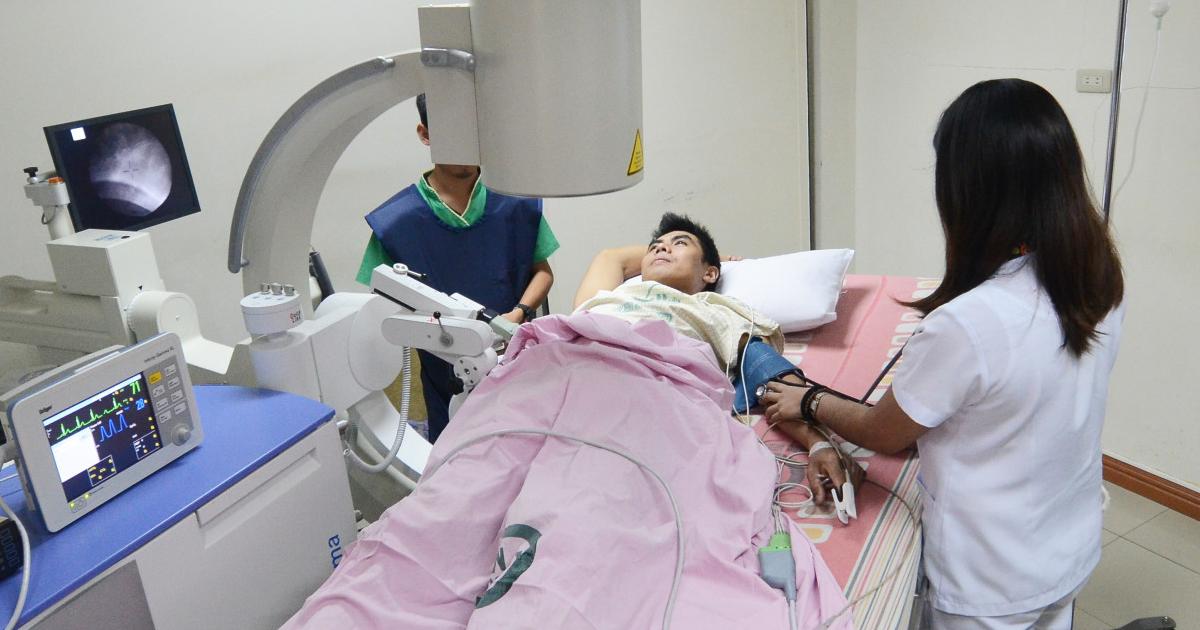
Extracorporeal shock wave lithotripsy (ESWL) uses an ultrasound to pass energy through the body, targeting the gallstones. Laser therapy can break up stones as well. The procedures are often successful in treating stones in the kidneys, ureters, and bladder. Lithotripsy is rarely used now and usually only on those patients who cannot undergo surgery to remove their gallbladder. The procedure does not harm any other body tissue. By minimizing the size of the stones, they can more easily pass out of the gallbladder and through the bile ducts without pain. The passage through the ducts is what causes the severe colicky pain of gallstones. This procedure takes place in a hospital or medical center and takes about one hour, and patients usually return home that same day. The one drawback of the method is, because the gallbladder is still present, gallstones may develop again in the future.
Gallbladder Removal Surgery
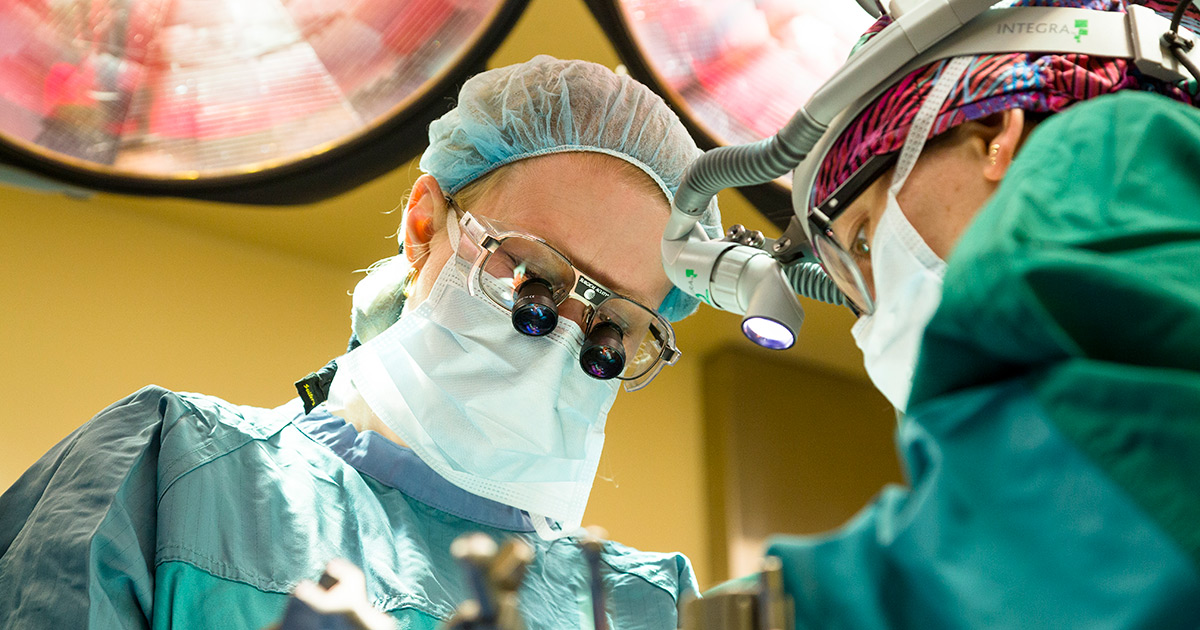
Cholecystectomy, removing the gallbladder with surgery, is the most common and permanent solution for either a non-functioning gallbladder or gallstones. Not long ago, gallbladder surgery, called an open cholecystectomy, was a major operation. It took days in the hospital, weeks to heal, and complications were rather common. Now, for selected patients, surgeons use a technique called laparoscopic cholecystectomy. In this procedure, surgeons make several tiny incisions in the belly and insert small cameras and surgical instruments through the openings. This gallbladder removal surgery is a vast improvement over the open removal option. Patients a sedated during the surgery. Recovery may take as little as one day, and patients usually go home soon after the surgery. The preparation is similar to getting ready for an endoscopy or colonoscopy.
Medications To Break Up Gallstones
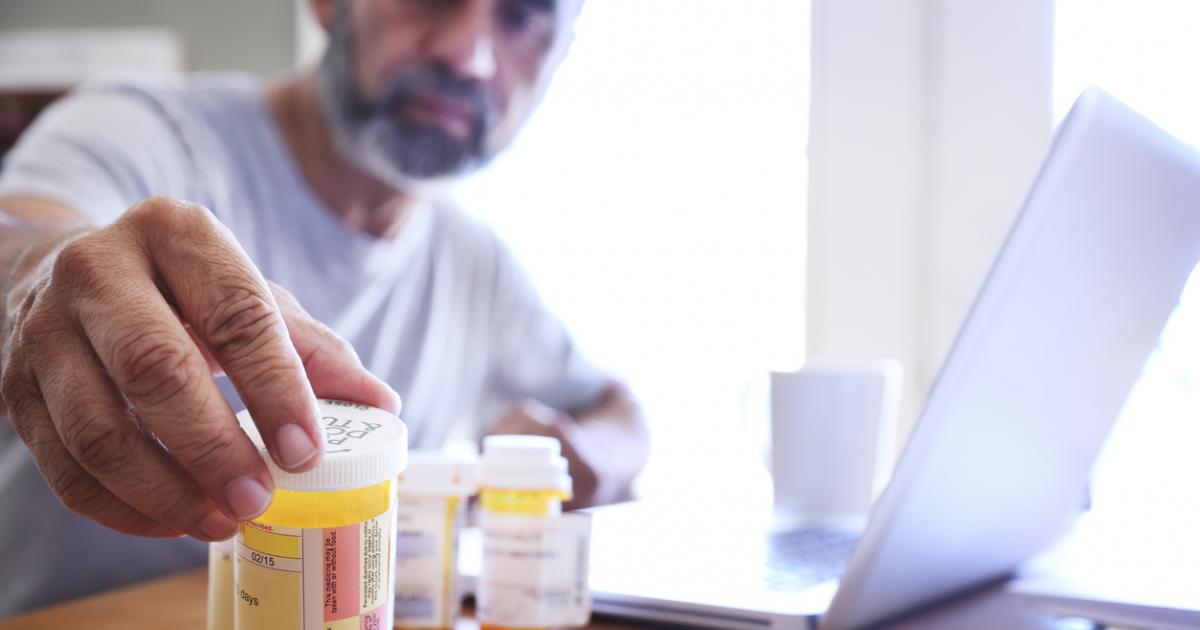
Oral dissolution therapy uses medications to break up gallstones for patients who are not good surgical candidates or who don’t want surgery. These medications are bile acids that affect the stones chemically through a natural process. Two medications, ursodiol and chenodiol, are commonly used for this purpose. They contain bile acids identical to those the body makes naturally. The medications work better on smaller stones. They supplement natural bile acids to dissolve and decrease the production of cholesterol, thus preventing the formation of gallstones. Patients usually take two or three pills per day, and the medication usually takes quite some time, usually for months, to effectively remove all the gallstones.
Antibiotics for Infection

An infection of a swollen and inflamed gallbladder is called acute cholecystitis. It can be serious, and patients need to seek treatment as an inpatient in a hospital. Sharp pain under the right ribcage that spreads toward the right shoulder is typical for infection. The abdomen hurts a great deal; even deep breathing can hurt. In this condition, the pain doesn’t get better in a few hours. There might be a high fever, nausea and vomiting, sweating, jaundice, and even swelling in the abdomen. Patients with acute cholecystitis must take antibiotics for the infection. Acute cholecystitis is a complication that is not unusual for individuals with gallstones. Calling a physician or going to an emergency room right away is good policy and will increase the chances of antibiotic treatment working well and quickly.
